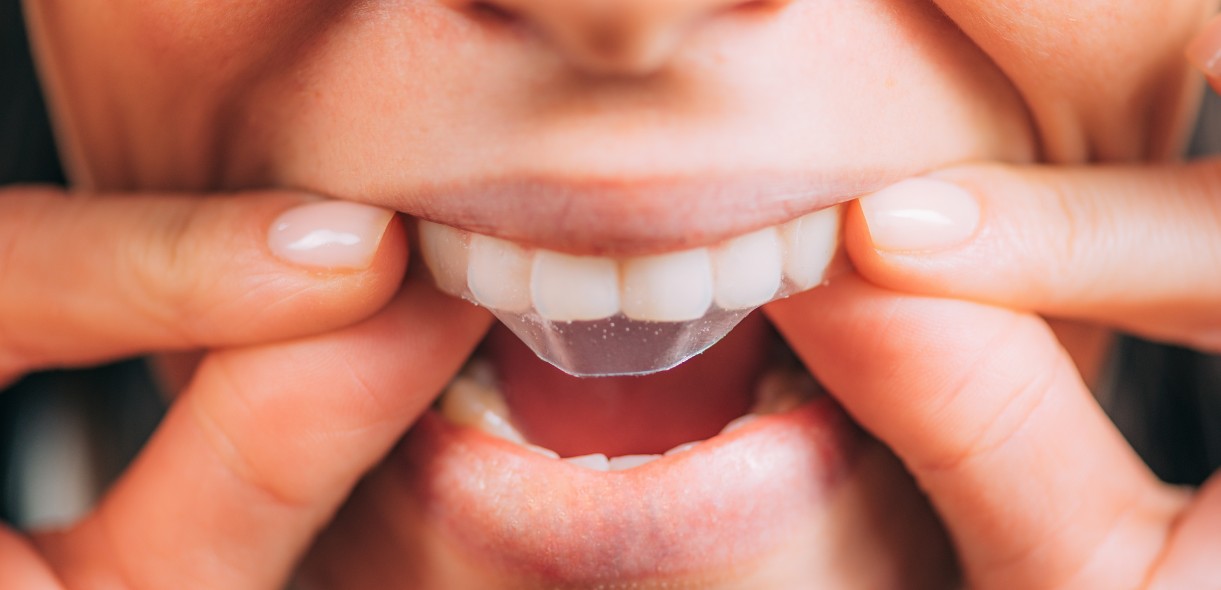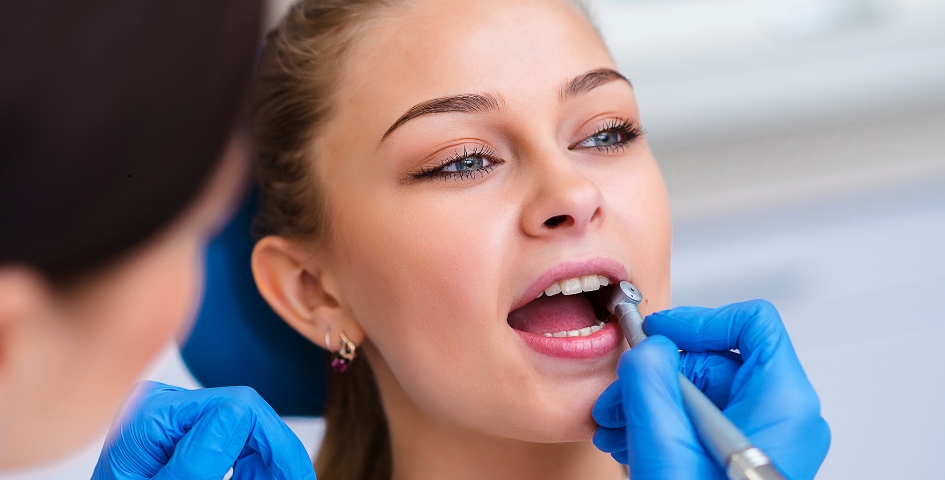
Whitening strips represent a favored choice for teeth whitening at home. They are easy to use and can be effective in removing surface stains from teeth. However, there is some confusion about whether or not you should brush your teeth after using whitening strips.
What the Experts Say About Whitening Strips
According to the American Dental Association (ADA), it is not necessary to brush your teeth immediately after using whitening strips. However, they do recommend rinsing your mouth with water to remove any residual gel. This can help you to reduce the irritation.
Tips for Using whitening Strips
- Follow the manufacturer’s instructions carefully.
- Do not use whitening strips for longer than the recommended time.
- Avoid using whitening strips if you have any cavities, gum disease, or other dental problems.
- If you experience any sensitivity, stop using whitening strips and consult with your dentist.
Brushing after using strips can actually be beneficial, but with caution
While the ADA says it is not necessary, some dentists recommend brushing your teeth gently after using whitening strips. There are a few reasons for this:
- To remove excess gel: Brushing can help to remove any leftover gel from the strips, which can help to reduce the risk of irritation.
- To reduce sensitivity: Some people experience tooth sensitivity after using whitening strips. Brushing with a toothpaste for sensitive teeth can help to reduce this discomfort.
- To maintain oral hygiene: Brushing and flossing are essential for maintaining good oral hygiene. Brushing after using whitening strips is a good way to ensure that you are removing plaque and bacteria from your teeth.
It is important to note that brushing too vigorously after using whitening strips can actually damage your teeth. The whitening process can temporarily weaken your tooth enamel, making it more susceptible to abrasion. Therefore, it is important to use a soft-bristled toothbrush and brush gently.
Ultimately, the decision of whether or not to brush your teeth after using whitening strips is up to you. If you are concerned about any potential side effects, talk to your dentist.
Tips for Maintaining White Teeth
- Remember to brush your teeth twice a day, spending two minutes each time.
- Floss once a day.
- Avoid smoking and tobacco use.
- Cut back on foods and drinks that can stain your teeth, like coffee, tea, and red wine.
- Make sure to visit your dentist regularly for cleanings and checkups.
Conclusion
While the decision to brush after using whitening strips is ultimately yours, remember that healthy teeth are beautiful teeth. Brushing gently with a soft-bristled toothbrush and using a toothpaste for sensitive teeth can help minimize potential side effects of whitening strips while maintaining good oral hygiene.
For expert advice and personalized recommendations on teeth whitening and oral health, consider scheduling an appointment with the experienced and friendly team at Jamaica Plain Dental. They can help you achieve a brighter, healthier smile with the right approach and treatment options.
Jamaica Plain Dental is committed to providing exceptional dental care for the entire family, using advanced technology and prioritizing patient comfort. Visit our website to schedule your consultation today!
FAQs About Using Teeth Whitening Strips
While using whitening strips with braces isn’t necessarily harmful, it might not be the most effective way to whiten your teeth. This is because the strips may not make proper contact with the entire surface of your teeth due to the presence of braces. It’s recommended to consult with your dentist before using any whitening products while wearing braces.
Whitening strips are generally safe for occasional use when used as directed. However, overuse can damage your teeth. The peroxide in the strips can break down the enamel, the protective outer layer of your teeth, leading to demineralization and erosion. This can cause increased tooth sensitivity and make your teeth more susceptible to staining.
The effects of whitening strips typically last for a few months, but this can vary depending on several factors, such as your individual oral hygiene habits, diet, and the type of whitening strips used. Regular touch-ups may be needed to maintain your desired level of whiteness.
Whitening strips do not whiten caps or veneers. These are made from different materials than your natural teeth and won’t respond to whitening treatments. If you have caps or veneers and want to whiten your smile, consult with your dentist about professional whitening options.



